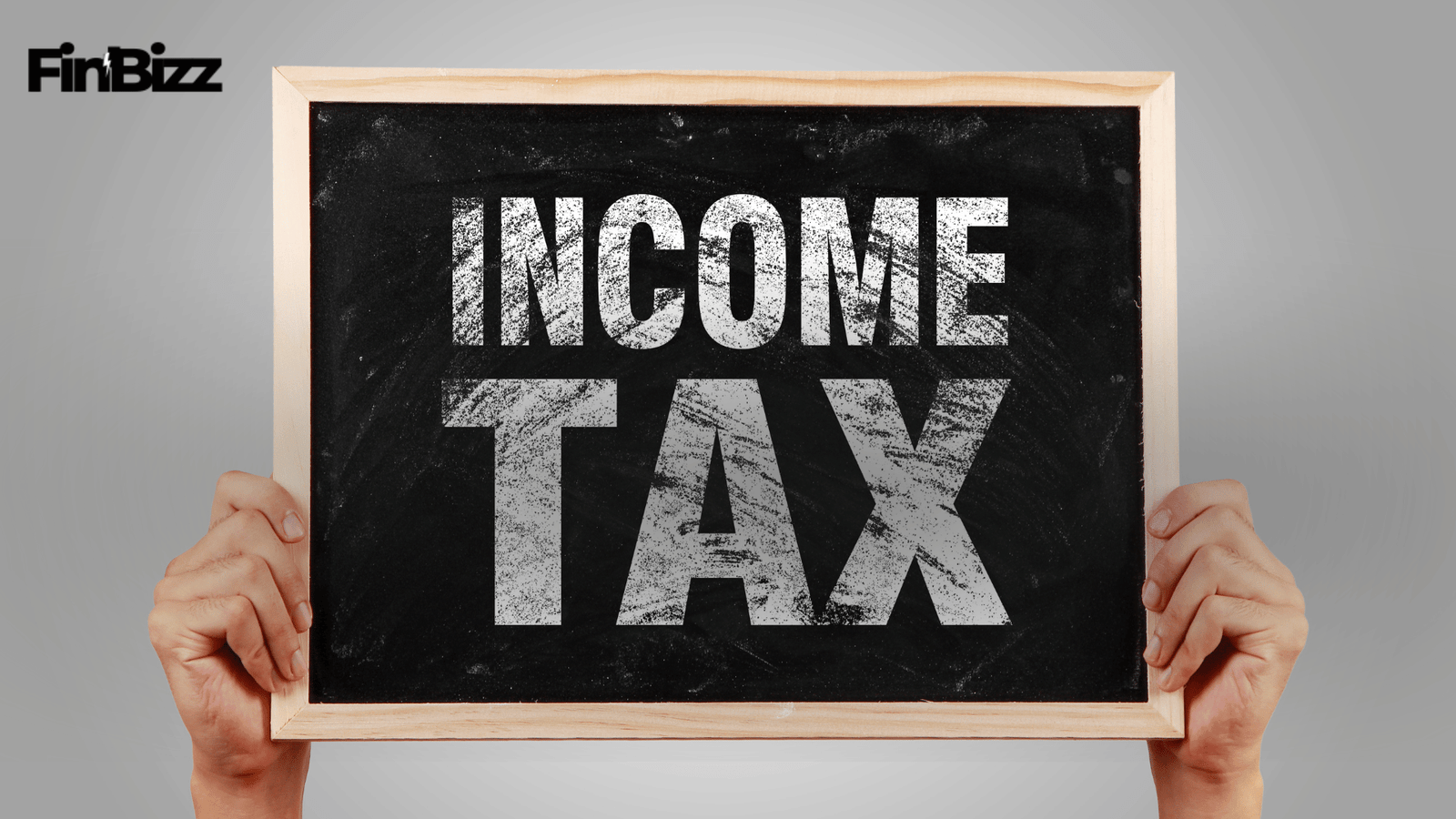Overview
A sole proprietorship is one of the simplest and most straightforward forms of business ownership, where a single individual owns, manages, and controls all aspects of the business. This form of business entity is immensely popular among individual entrepreneurs, freelancers, and small traders due to its simplicity, ease of setup, and minimal regulatory and compliance requirements. It offers a unique opportunity for individuals to turn their visions into viable business operations without the complexity often associated with other business structures.

Benefits of a Sole Proprietorship
1. Complete Control: The sole proprietor has total control over all business decisions, which facilitates quick decision-making and strategy implementation without the need for consensus or approval from other stakeholders.
2. Easy and Cost-effective Setup: Establishing a sole proprietorship is generally less complex and less costly than forming a corporation or a partnership. The legal expenses and administrative formalities are minimal, making it accessible for startups and small businesses.
3. Tax Simplicity: The business profits are taxed only once, directly to the owner, avoiding the double taxation often associated with corporations. This pass-through taxation simplifies the tax filing process as the business’s income and expenses are reported directly on the proprietor’s personal tax return.
4. Privacy: Since the business is not a separate legal entity, sole proprietorships generally have fewer reporting requirements and less public disclosure, which can be advantageous for small or home-based businesses seeking privacy.
Challenges of a Sole Proprietorship
1. Unlimited Liability: The most significant drawback is the unlimited liability of the owner. Since there is no legal distinction between the proprietor and the business, the owner’s personal assets are at risk in the event of the business’s failure or legal actions.
2. Difficulty in Raising Capital: Sole proprietors may find it challenging to raise funds as they cannot issue stocks, and lenders may perceive a higher risk in lending to sole proprietorships.
3. Dependence on the Owner: The business is highly dependent on the skills and capabilities of a single person. If the owner is unable to work, the business might suffer significantly.
Establishing a Sole Proprietorship
1. Business Name Registration: Choose a unique business name that complies with local regulations. In many places, you need to register this name with the relevant government body.
2. Obtain Necessary Licenses and Permits: Depending on the type of business and location, different permits and licenses may be required to operate legally.
3. Open a Business Bank Account: It’s advisable to separate personal and business finances by opening a business bank account. This aids in financial management and presents a professional image to customers and vendors.
4. Set Up an Accounting System: Establish an accounting system to keep track of expenses, revenues, and profits accurately. This system will be crucial for annual tax filings and financial analysis.

Necessary Documents for Setting Up a Sole Proprietorship
- Business Name Registration Certificate (if applicable): This is needed if you register your business name as distinct from your personal name.
- Professional and Trade Licenses: Specific to the industry and necessary for legal operation.
- Local Permits: This could include a local business license, a health department permit, or a zoning permit, depending on the nature of the business.
- Tax Registrations: Including registrations for Good & Service Tax Registration GST
Tax Considerations for Sole Proprietors
Sole proprietors must be diligent about their tax obligations, which include:
- Self-Employment Tax: Covers Social Security and Medicare, which are critical for the proprietor’s long-term financial security.
- Quarterly Estimated Taxes: Since taxes are not withheld from a salary as in employment, sole proprietors often need to make estimated tax payments throughout the year.
- Business Deductions: Understanding which expenses can be deducted, such as home office expenses, travel, meals, and utilities, is crucial for reducing taxable income.
Why Choose Finbizz for Setting Up Your Sole Proprietorship?
Finbizz offers tailored business start-up services that cater specifically to sole proprietors. Our expert advisors can assist with every aspect of setting up and running a sole proprietorship, from legal documentation and tax planning to financial management and business strategy. We understand the unique challenges faced by sole proprietors and provide personalized solutions to ensure your business foundation is solid and compliant with all regulations.

Conclusion
Choosing to establish a sole proprietorship is a significant decision that offers many advantages, particularly in terms of simplicity, control, and tax efficiency. However, the challenges of unlimited liability and funding must be carefully considered. With Finbizz’s comprehensive support, you can navigate these challenges effectively, ensuring your business is not only set up correctly but also has a robust strategy for growth and success. Trust Finbizz to provide the expertise and personalized attention your sole proprietorship needs to thrive in a competitive business landscape.
FAQs
1. Can a sole proprietorship have employees?
Ans. Yes, a sole proprietor can hire employees, which requires obtaining an Employer Identification Number (EIN) and complying with employment laws.
2. What happens to the business if the sole proprietor dies?
Ans. Since a sole proprietorship is not a separate legal entity, it does not continue in perpetuity. In the event of the owner’s death, the business assets and liabilities are handled as part of the owner’s estate.
3. Is a sole proprietorship suitable for high-risk businesses?
Ans. Due to the unlimited personal liability, a sole proprietorship is generally not recommended for high-risk businesses. Structures like LLCs or corporations might be more suitable to protect personal assets.




